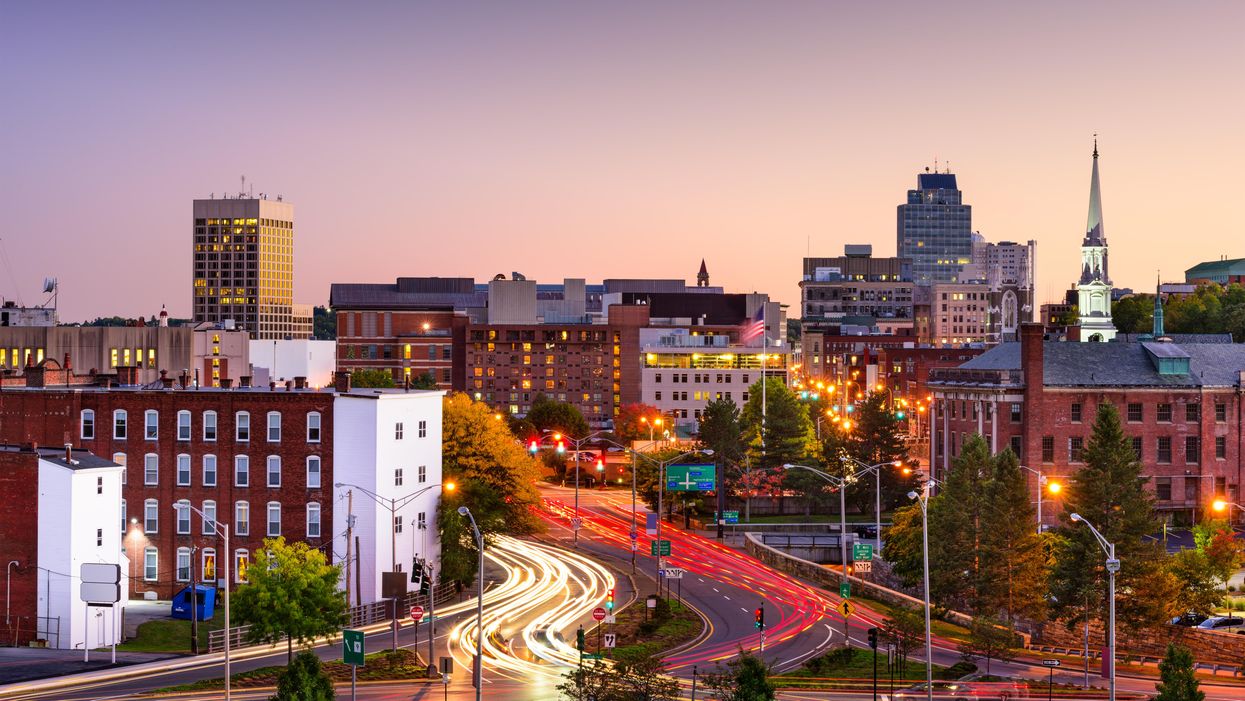Black and Latino residents of Worcester, Mass., are suing the city, alleging its at-large system for electing School Committee members discriminates against communities of color.
People of color make up nearly half (44 percent) of Worcester's overall population, and the student population is even more diverse with three-fifths identifying as Latino or Black. However, all six current School Committee members are white, and only a few non-white members have ever been elected.
A group of residents, along with community organizations Worcester Interfaith and the city's chapter of the NAACP, filed the federal voting rights lawsuit Monday. The suit seeks to convert the six at-large School Committee seats into separate district seats to better reflect the city's diverse population.
Worcester is the second largest city in Massachusetts and one of the only jurisdictions in the Commonwealth to still use an at-large system for its School Committee. Most other cities and towns have switched to a system that includes at least some district-based seats.
Having only at-large seats makes it hard for minority candidates to garner enough support city-wide to win their elections, the complaint says. It also claims Worcester has a history of "polarized voting," in which the predominantly white electorate votes mainly for white candidates.
The most recent example of this, per the lawsuit, was the 2019 School Committee election in which the six winning candidates, all of whom were white, received the most support from the 10 whitest precincts in Worcester. But the candidates of color who received strong support from the 10 most diverse precincts were unable to secure enough votes citywide to win.
"The right of representation is fundamental to our democracy. Worcester's communities of color deserve to have their voices heard, especially as crucial decisions are made by the School Committee directly impacting the children and families of those communities," said Rebecca MacDowell Lecaroz, a partner at Brown Rudnick LLP and the lead attorney for the plaintiffs in this case.



















 Senate Committee on Commerce, Science, and Transportation ranking member Sen. Maria Cantwell (D-WA) (R) questions witnesses during a hearing in the Russell Senate Office Building on Capitol Hill on February 10, 2026 in Washington, DC. The hearing explored the proposed $3.5 billion acquisition of Tegna Inc. by Nexstar Media Group, which would create the largest regional TV station operator in the United States. (Photo by Chip Somodevilla/Getty Images)
Senate Committee on Commerce, Science, and Transportation ranking member Sen. Maria Cantwell (D-WA) (R) questions witnesses during a hearing in the Russell Senate Office Building on Capitol Hill on February 10, 2026 in Washington, DC. The hearing explored the proposed $3.5 billion acquisition of Tegna Inc. by Nexstar Media Group, which would create the largest regional TV station operator in the United States. (Photo by Chip Somodevilla/Getty Images)
